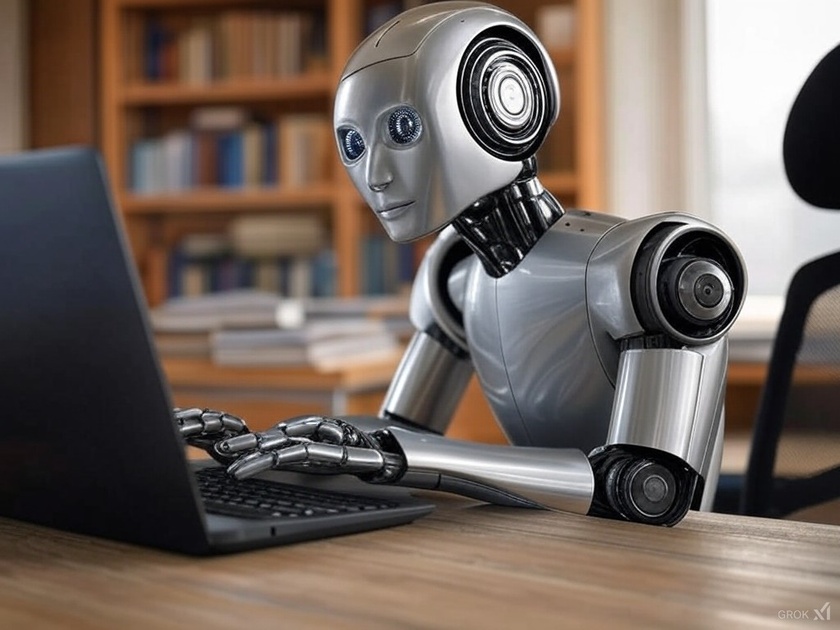
When it comes to human technological advancement, artificial intelligence (AI) will probably be looked on as significant as the printing press. Whether you love it, hate it, are anxious, or ambivalent about it, nothing short of a Tower of Babel act of God is going to make AI disappear. It will likely change in some way everything we do, and, at the rate things are going, very soon if it hasn’t already.
But if we’re good at one thing, it’s adapting.
For the sake of brevity, I’m not going to spend any time trying to define what AI is. Rather, I want to discuss what it can do. More importantly, I want to talk about what it can’t do, and I have a perspective that I have yet to hear anyone mention. Full disclosure, I like AI and use it several times a day for getting information. Gone are the days of keyword searches and sifting through results.
Now I can just ask a question like I’m talking to a person and get an answer.
It’s great!
However, in the very near future AI will be able to do more. Much, much more. We’ll be able to ask an AI to make a movie with certain plot elements and actors, done in a particular style, and have it. We’ll be able to ask for a new novel from our favorite author and have a custom made original work. It’s not there yet (I think several movie scripts have been written by AI with little oversight and the results have been dismal), but we’ll get there.
So as a creative, I have to ask if I’ll still be relevant.
Well, in short, yes. Because the people who anticipate or fear AI taking over creative spaces are overlooking the fact that us humans, created in the image of God, are more than just physical parts and chemical reactions. Every so often you hear about someone receiving a donated organ and developing a character trait of the donor. There are many questions about surrogate pregnancies, where the DNA comes from the parents, but how the baby, who has grown in the womb of another woman and grown accustomed to her voice, will do when suddenly separated from her.
When we create, do we put something spiritual, something of ourselves, into the work?
I think so.
One of the nice things about being in the indie author space is getting to read books written by my friends. Not friends in the parasocial, “I feel like I know him through his work,” sense, but people I’ve actually met in person or through long interactions online. And when I read their work, even if it’s fiction, I get the feeling that I’m spending time with them. While it’s not the same experience as receiving a personal letter, as these stories are written for everyone, I still know deep down that I’m looking into the depths of their hearts.
AI can’t replicate that.
There’s more to writing than word choice and the length of a sentence. Sure, AI will be able to spit out a novel without any adverbs and lots of short, punchy dialog and call it Hemingway. And, because we never met the guy, we may find a surface level satisfaction from reading it. But it will never be Hemingway. We need to remember that. More importantly, as AI becomes ubiquitous and customized novels become easily accessible, we need to know our authors.
Storytelling is communal, not commercial.
Get online and find a self-published novel you like. Then reach out to the author on social media. I promise you, with rare exceptions, they’re there. If you know writers, read their work and share it with your friends. AI is an incredible tool that will facilitate the telling of many great stories in new mediums. But if we allow it replace human interaction, we’re doomed.
























